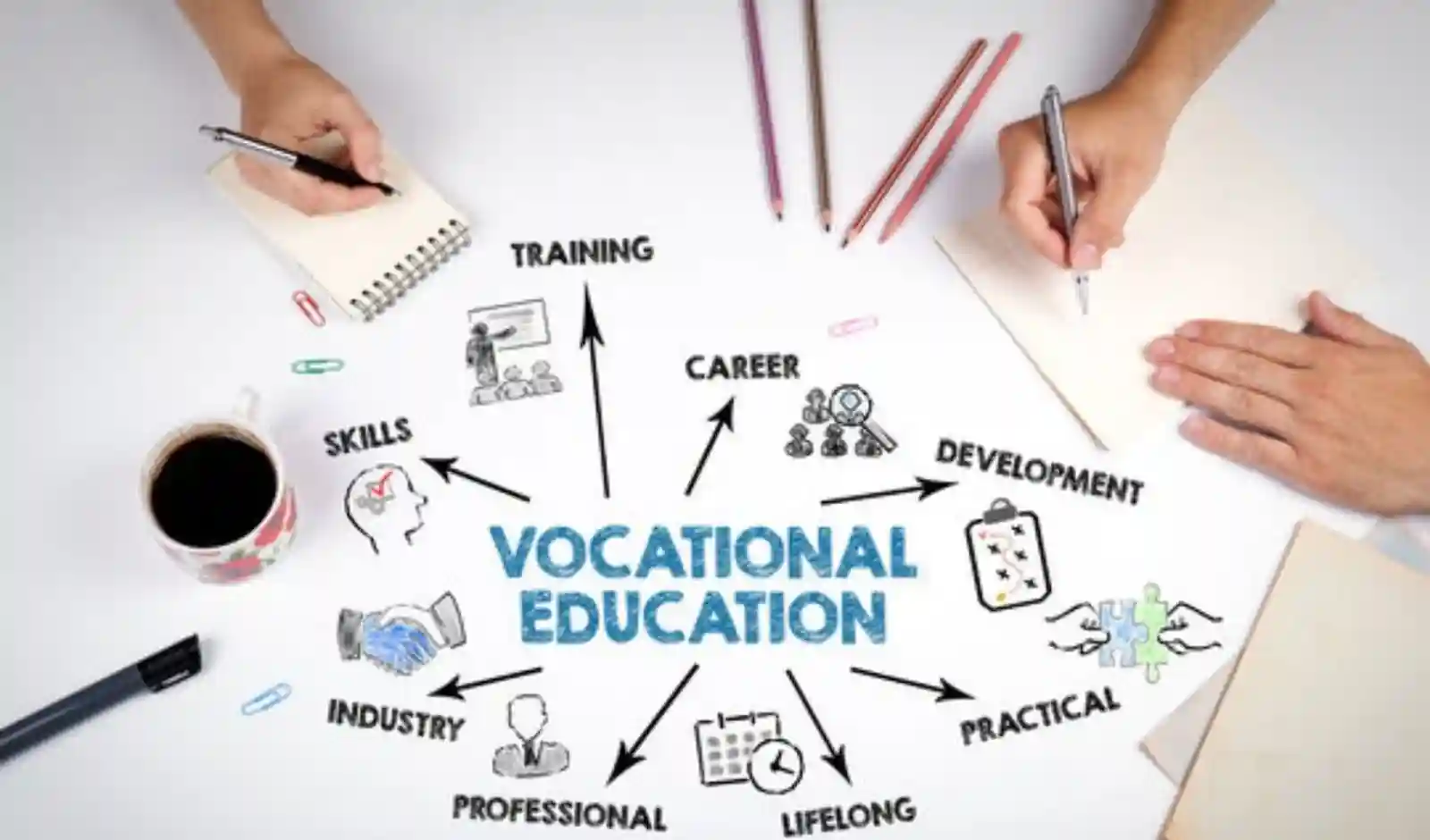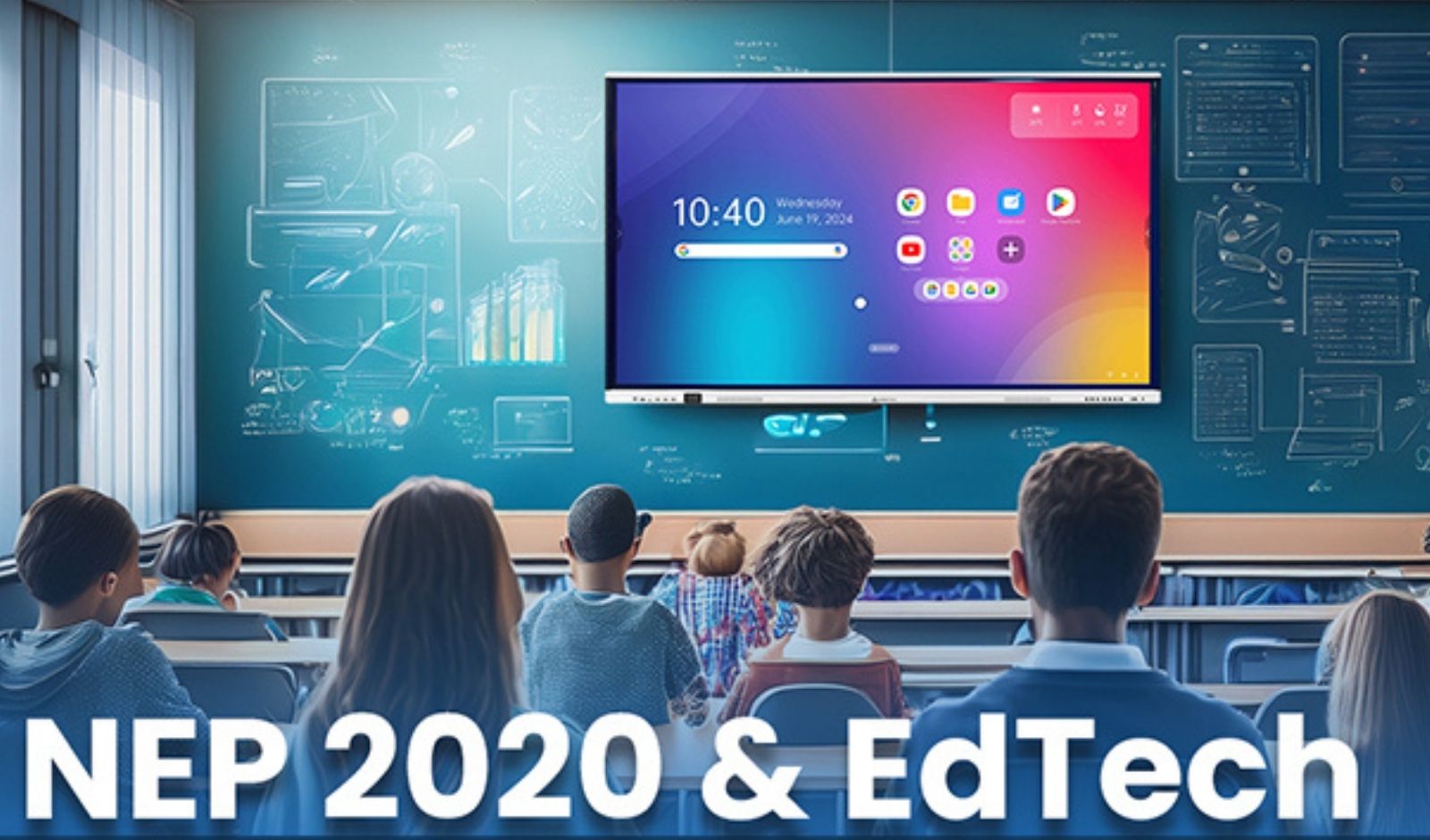
The New Education Policy (NEP 2020) places special emphasis on vocational education, providing essential vocational and employment-related education and training in schools. Through school curriculum and practical lessons vocational education will also teach students specific skills for good jobs.
The NEP 2020 recognizes the importance of vocational education and its integration with general education. To promote skill development and vocational education, the Ministry of Education has launched several initiatives in this area, such as internships, bagless days, increased exposure to vocational skills etc.
The NEP designs several new models for vocational education to make it more flexible, accessible, relevant, inclusive, and creative.
How NEP 2020 Focuses on Vocational Education
NEP 2020 proposes comprehensive revisions and reforms in all aspects of education, including its structure, regulation, and administration. The main focus of NEP 2020 is on vocational education, and according to the policy, at least 50%-70% of high school students will be introduced to vocational education by the end of 2025-2026.

NEP 2020 Vocational Education Objectives
The core objectives of the new National Education Policy are to overcome the social hierarchy associated with vocational education, gradually integrate quality vocational education with general education, provide vocational experience at an early age and encourage secondary and higher secondary schools to collaborate with polytechnics, industrial training institutes (ITIs), local industries etc. to provide students with workplace experience and training.
The Following are the Steps Taken to Strengthen the Vocational Education System Under the NEP.
The existing Samagra Shiksha scheme has been reformed to achieve all the objectives set by the National Education Policy. This revised version includes new provisions related to vocational education in India, such as:
1. Expanded Coverage: Vocational education now includes government-aided schools in addition to government schools.
2. Practical Learning: Internships, bagless days, and other interactive experiences are now part of the innovation component within Samagra Shiksha to make education more engaging.
3. Employability Skills Modules: Now a mandatory part of vocational courses, they include essential skills such as communication skills, self-management skills, ICT (Information and Communication Technology) skills, entrepreneurship skills, etc.
4. Hub and Spoke Model: Students from spoke schools (neighboring schools) can access vocational training facilities available at hub schools, leading to better utilization of resources.
Why Do We Need Vocational Education Today?
The current vocational education and training system needs to be promoted and upgraded because it is unorganized, fragmented, and lacks quality. Skill-based education is essential to increase the employability of the workforce. With the right kind of vocational training and education, our youth can progress and obtain better jobs, which will accelerate India's economic growth and development. Therefore, the NEP aims to reform vocational education standards and structure to align with changing environmental and industrial needs.
Objectives of Vocational Education in India
• Creating Self-Employment Opportunities: The main objective of vocational education is to reduce unemployment by equipping the youth of India with skills for self-employment.
• Application of Science and Technology for Social Welfare: Encourages the practical use of scientific and technological knowledge to benefit society.
• Promoting Economic Growth: Vocational education in India focuses on increasing productivity and improving the standard of living of Indian citizens.
• Training Skilled Workforce: Training youth as skilled technicians, ensuring that economic progress is equitably distributed for social and economic justice.
• Understanding Industrial Development: Helps youth understand the scientific and technological aspects of industrial development.
• Ensuring Equal Opportunity: Efforts are made to support women, rural and tribal students, and marginalized communities, ensuring inclusive access to education and skill development.
Integrating New Technology into Education:
The NEP 2020 emphasizes the widespread and positive use of technology for skill development and vocational education. This will help meet growing market demands. Incorporating technology into school and education curriculum will ensure necessary change and transformation in the education sector.
The NEP also aims to bridge geographical barriers, provide interactive digital content, personalize learning with adaptive technologies and promote collaboration between Indian students and global experts by adopting the latest technologies. Various grants are provided to states & union territories to further facilitate vocational education. A non-recurring grant under the ‘Samagra Shiksha Yojana’ is meant for purchasing tools and equipment like furniture, computers, etc. which will help create the necessary infrastructure for vocational education in schools.
Conclusion: The focus on vocational education in NEP 2020 is a great step towards achieving a better skilled and empowered workforce in our country. Vocational education is an important part of the holistic education of students and providing the necessary infrastructure, technology and training for it is a great initiative under NEP 2020.

